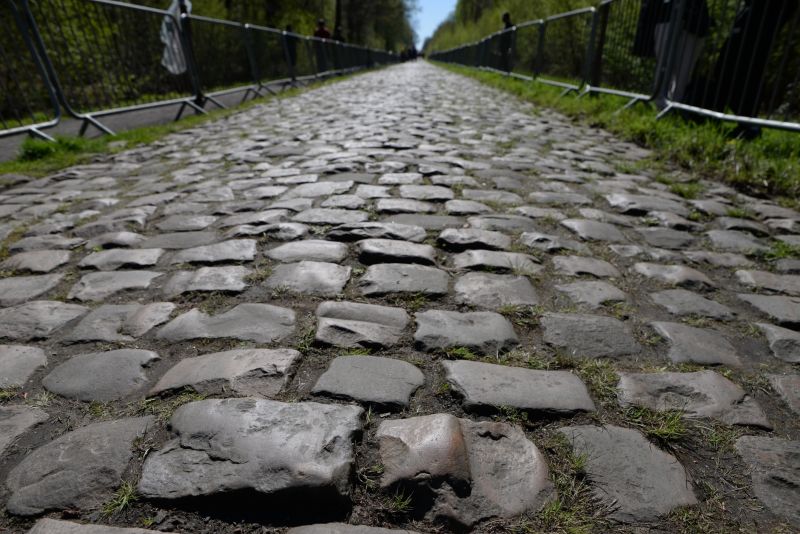Optimal Timing for Cobblestone Installations
Timing for cobblestone installations can significantly impact the durability and appearance of the finished project. Proper scheduling ensures optimal weather conditions and minimizes disruptions, leading to a successful installation process.
Spring and fall are generally the best times for cobblestone installation due to moderate temperatures and lower precipitation levels.
Heavy rain, extreme cold, or excessive heat can hinder installation quality and should be avoided during scheduled work.
Proper site preparation, including soil stabilization and drainage setup, is crucial and should be completed before installation begins.
Consistent temperatures between 50°F and 85°F support optimal setting and curing of mortar and adhesives used in cobblestone work.

Ways to make Cobblestone Installations work in tight or awkward layouts.

Popular materials for Cobblestone Installations and why they hold up over time.

Simple add-ons that improve Cobblestone Installations without blowing the budget.

High-end options that actually feel worth it for Cobblestone Installations.

Finishes and colors that play nicely with Cobblestone Installations.

Little measurements that prevent headaches on Cobblestone Installations day.

A 60-second routine that keeps Cobblestone Installations looking new.

A frequent mistake in Cobblestone Installations and how to dodge it.
Cobblestone installations are a traditional method of creating durable, decorative surfaces for pathways, driveways, and courtyards. The process involves careful site preparation, precise placement of stones, and the use of mortar or other binding materials. Proper timing is essential to ensure the materials set correctly and to prevent issues such as shifting or cracking over time. Installing during favorable weather conditions helps achieve a stable, long-lasting surface that can withstand heavy use and environmental stresses.
Statistics indicate that installations performed in optimal weather conditions have a lower rate of repair and maintenance. Properly timed projects can extend the lifespan of cobblestone surfaces by several decades, making timing a key consideration in project planning and execution.

Small tweaks to make Cobblestone Installations safer and easier to use.

Lower-waste or water-saving choices for Cobblestone Installations.

The short, realistic tool list for quality Cobblestone Installations.

Rough timing from prep to clean-up for Cobblestone Installations.

Quick checks and paperwork to keep after Cobblestone Installations.

Examples that show the impact a good Cobblestone Installations can make.

Ways to make Cobblestone Installations work in tight or awkward layouts.

Ways to make Cobblestone Installations work in tight or awkward layouts.
For those interested in cobblestone installation projects, it is recommended to contact professionals to discuss scheduling and site-specific considerations. Proper planning and timing can ensure a high-quality, durable surface that enhances the aesthetic and functionality of outdoor spaces.
